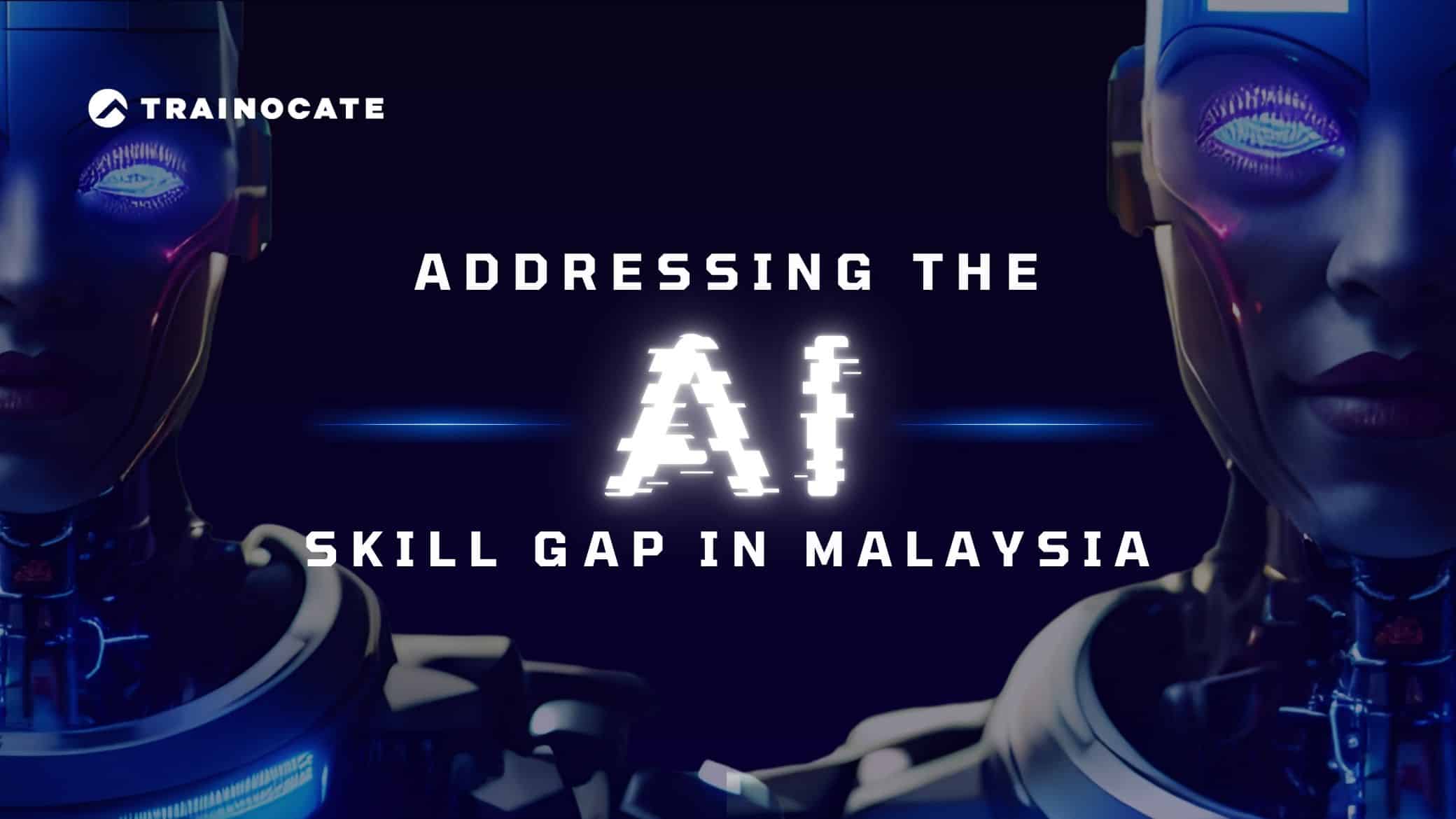5 Reasons to Enroll Your IT Work Force in Tech Training Programmes
5 Reasons to Enroll Your IT Work Force in Tech Training Programmes

While most managers and business owners will claim that they value the importance of training, the reality seems to indicate the opposite.
Indeed, it is quite apparent that many businesses would sooner spend more to poach talent rather than develop the workforce they already have. This is especially true for information technology (IT)-related occupations, and it is partly driven not only by an ongoing global shortage of tech workers but also by a chronic lack of foresight where managers pursue short-term gains at the expense of long-term benefits. It’s why it’s usually less of an issue to source new technology than it is to provide employees with the training to use it.
In this short guide, we’ll look into the reasons why you should stop paying recruiters finder’s fees and start looking at cultivating the IT team you already have:
1) The People Matter More Than the Technology
In most cases, it’s not the technology that matters, but the people who use it. For instance, the recent trend of digital banking transformation has benefited upstart fintech companies and innovative banking institutions. However, many traditional banks were slow to realise the potential efficiency and cost savings that could be had from latest-generation finance software solutions. This was despite their relative size as established financial institutions, and, in many cases, their earlier adoption of digital technologies compared to upstart fintechs.
One crucial difference was how these different organisations approached digital finance. Smaller fintechs and forward-thinking financial institutions were, in most cases, better-trained, and therefore, they became more adept in using the expanded capabilities offered by advanced artificial intelligence, cloud computing, and machine learning technologies. This allowed them to quickly come up with new products and services that disrupted finance markets.
This innovation would not have been possible without IT teams who were intimately familiar with the tools at their disposal. If you want to be a disruptive force in your own industry, you need to make sure that your people can effectively leverage any available technology. You cannot do that simply by hiring outside talents who lack familiarity with your organization, its culture, its structure, and its technological ecosystem.
2) It Prepares Your IT Team to Help Your Entire Organization
Excellent IT training programmes go beyond familiarizing people with the technology at their disposal. They also help IT professionals become familiar with important concepts that make an impact on their occupation.
Tech training sessions will inevitably cover key concepts such as project management, marketing, and data analytics as most organisations’ technology investments are primarily meant to solve issues in these and other key areas.
Thus, having your IT team attend these sessions will inevitably make them better at working with other departments and helping them meet their goals. Simply hiring someone who’s talented in using tech but lacks the contextual knowledge in which to use it will tend to return suboptimal results.
3.) You Cannot Maximise System Investments without Training
There is no software acquisition initiative that will not benefit from an accompanying tech training programme. While a lot of digital platforms are often advertised as requiring minimal training, they are often only slightly easier to use compared to older generations of software.
Even the simplest database management tool or word processor tends to come with a relatively steep learning curve as well as useful features that would never be known to average users if they were not trained. Esoteric business software will be even more difficult to use intuitively, even by IT professionals.
Given this, you must make sure that your workforce is trained to use your own tools and platforms effectively. By investing in training, you will not only get better results from your technology but you can shorten the time it takes for your IT workforce to master it.
4) Tech Programmes Can Reinforce Fundamental Skills
In the IT industry , it’s not enough to simply hire the best people out of university or poach them from competitors. This is because technological developments today move at an extremely rapid pace. Your teams’ knowledge can become out of date just a few years after their last training session, even if they do work in IT in a professional capacity. Also, as they work on more complex projects, there is a tendency for some basic skills to fall into disuse, which can be problematic if the organisation needs to shift gears.
When practical, your entire IT workforce should undergo training and refresher courses every few years. This will help them become more familiar with new industry developments, allowing them to maintain their edge. Additionally, the training courses will help them reengage with important concepts that they may not actively use in the course of their jobs, helping them become more capable in their field.
5) Better Training Reduces the Cost of Doing Business
Many organisations baulk at the idea of spending anything substantial for IT training even if they may think nothing about the cost of acquiring new technologies. This is understandable as employees who are in training sessions are not as immediately productive compared to those currently working on the business’s systems, representing an opportunity cost for the bank.
However, this kind of attitude towards IT team training almost always results in substantial long-term losses for any organisation. A lack of training makes it difficult for teams to effectively leverage digital platforms. This tends to translate into poor outcomes such as excessive data siloing, communication delays, poor organisational agility, inaccurate forecasting, and other issues that could affect a business’s profits and resilience.
Most importantly, better tech training programmes can bring down the cost of having a qualified IT workforce. Poaching talent or hiring recruiters can be much more expensive per hire compared to simply developing the talents you already have. By investing in training, you can probably match or exceed your competitor’s data handling capabilities at just a fraction of the cost — provided you make an effort to retain your team.
A well-rounded and experienced IT team can be the lynchpin that keeps your organisation together and ready to handle the challenges brought by big data. By focusing on training and taking the steps to ensure that employees remain loyal, you can ensure that your business can sustainably develop respectable IT capabilities and bring down overheads without going through a gruelling recruitment process.






